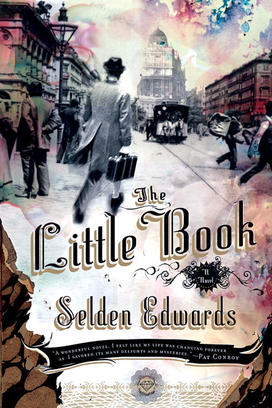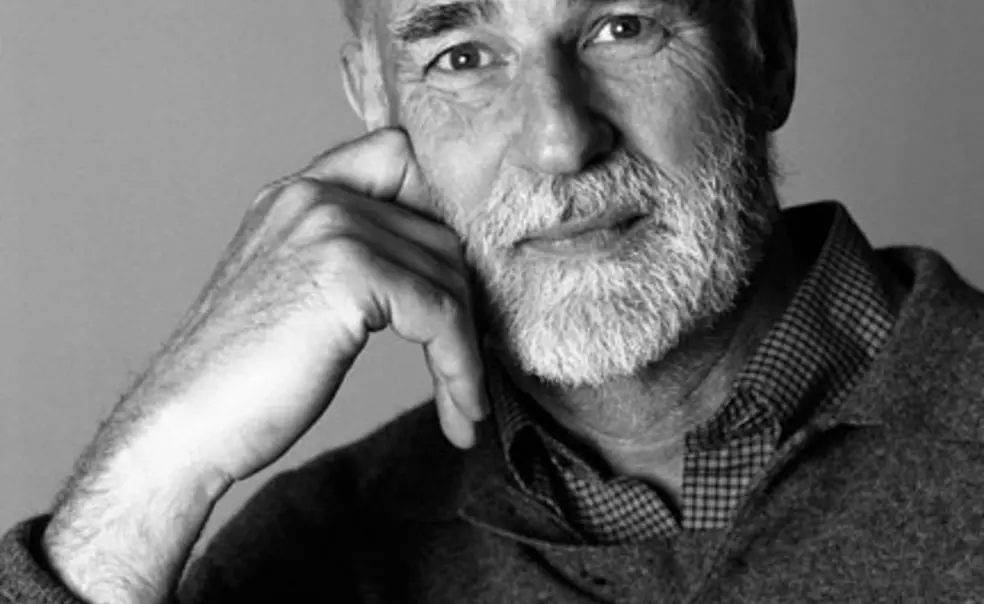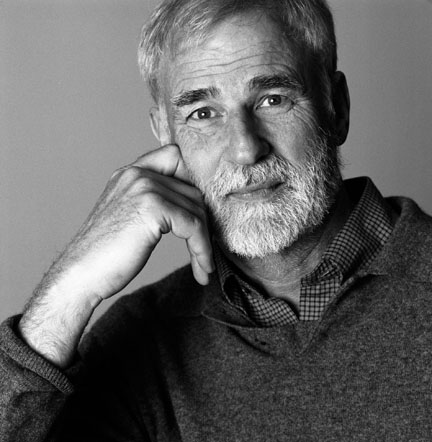A novel is born
Selden Edwards ’63, who labored more than 30 years on his manuscript, is finally an author
Most aspiring writers would not have kept their dream of becoming a published novelist alive as long as Selden Edwards ’63 did. For more than 30 years, beginning in 1974, when he was a young teacher in California, he toiled over the same manuscript — to no avail. Over the decades he would revise it, adding layers and complexity to the tale. Each time he completed a new draft, he would send it to publishers and agents, only to receive a slew of sometimes-harsh rejection letters.
“To say that it was unceremoniously rejected is an understatement,” says Edwards, who has been his class’s secretary for 42 years. “No one encouraged me to keep writing. And a number of people said it was a wrong-headed idea; I was wasting my time; I ought to abandon it.”
Sometimes he’d throw the latest draft in a drawer and let a few years pass before picking it up again. But Edwards always would return to his characters — three generations of a family, who mysteriously appear together in 1897 Vienna and encounter critical figures in intellectual, political, and artistic history, including Gustav Mahler, Sigmund Freud, and Adolf Hitler.
Fate finally turned his way several years ago. He found a freelance editor in New York who read the book cover to cover (for a fee) and offered praise and critique (“he said it didn’t have an ending”). After Edwards spent another year on the manuscript, the editor connected him with an agent. This time, Edwards says, there would be no rejection slip — instead the agent called him “almost immediately” and submitted it to Dutton, whose editors received it on a Tuesday and bought it that Friday morning.

Dutton published The Little Book in August after stirring prepublication buzz leading up to the book’s official release. Publisher’s Weekly called it “a sweet, wistful elegy to the fantastic promise and failed hopes of the 20th century.”
Edwards, 65 when Dutton bought the manuscript in 2007, was floored. He had all but resigned himself to accepting that he was “not a good enough novelist to make [my story] work.”
Even with all the ups and downs of trying to get the novel published, Edwards, a retired English teacher and headmaster, never lost his passion for the writing process and his story. The plot finds rock musician and history aficionado Wheeler Burden magically transported from 1988 San Francisco back in time to 1897 Vienna, where he meets his father, World War II hero Dilly Burden. Wheeler also meets his grandparents and a mentor from his Boston prep school.
The main characters are in Vienna for different reasons and at different ages — Wheeler’s grandmother, at age 22, has come to study and write about music; his father, in his late 20s, has willed himself back to encounter the child Hitler; and Wheeler, at age 47, gets to know the father he never knew in “real life” and keeps a journal that eventually will become the property of his grandmother and ultimately change her life. Along the way, Freud is discovering his Oedipus-complex theory, Mahler is conducting symphonies, and anti-Semitism is building up steam. Life in The Little Book is circular and looping — people and events seem to be related no matter what happened in chronological time.
Though his novel caused a stir in the publishing world, and a movie agent is shopping it around, Edwards is still churning out his column for PAW. And he’s begun his next novel, which will pick up where The Little Book left off — with Wheeler’s grandmother returning to the United States, with his journal in hand.
No doubt it won’t take another 30 years for that tale to see the light of day.













No responses yet